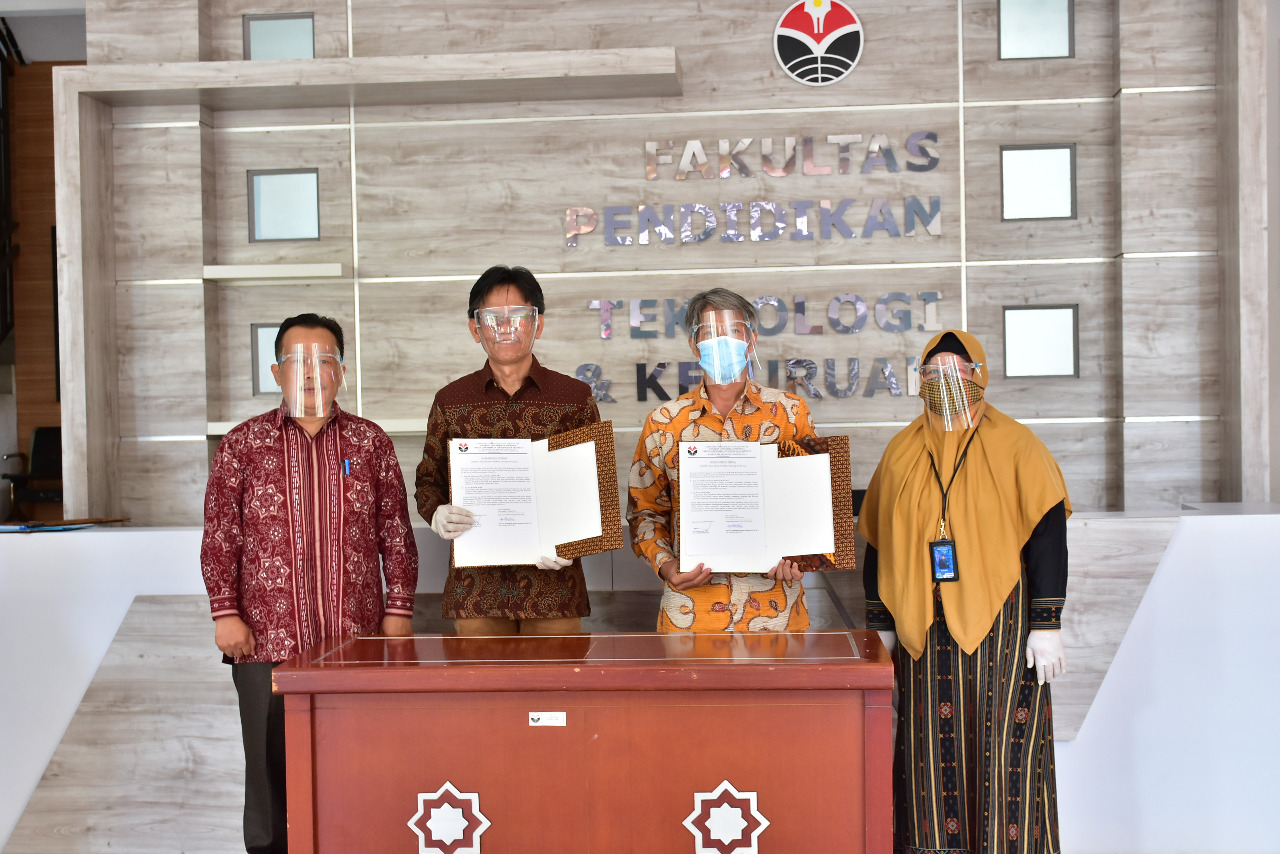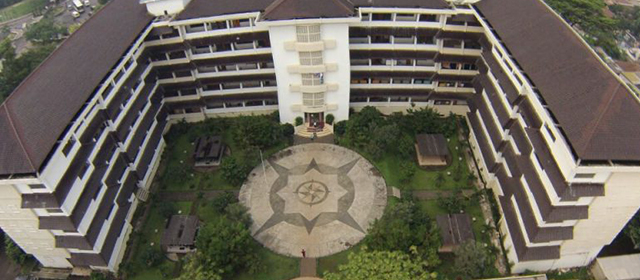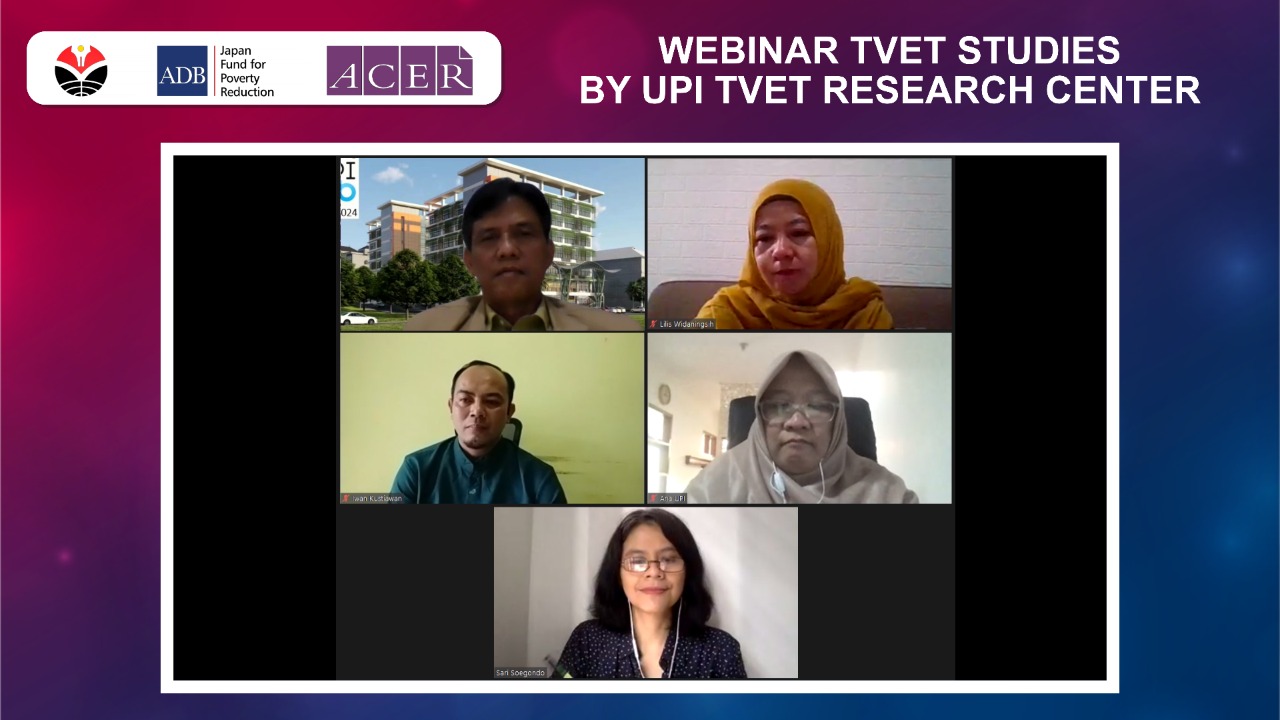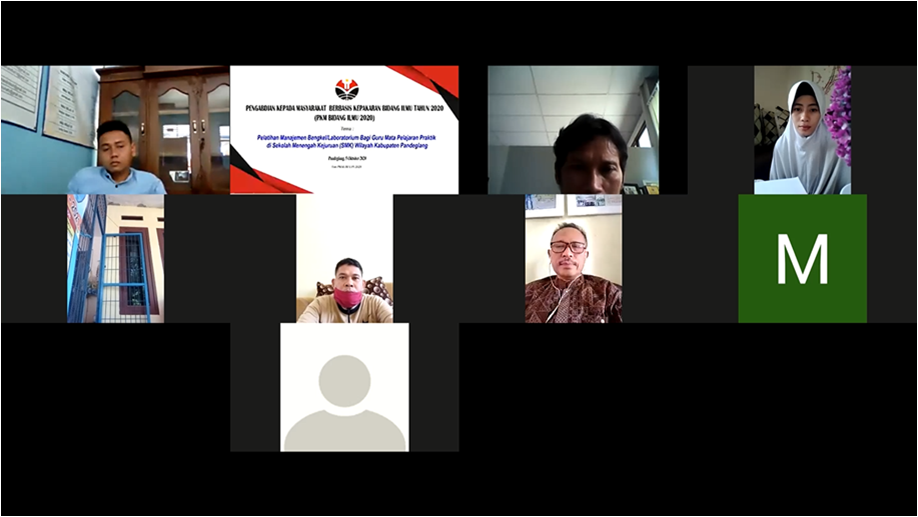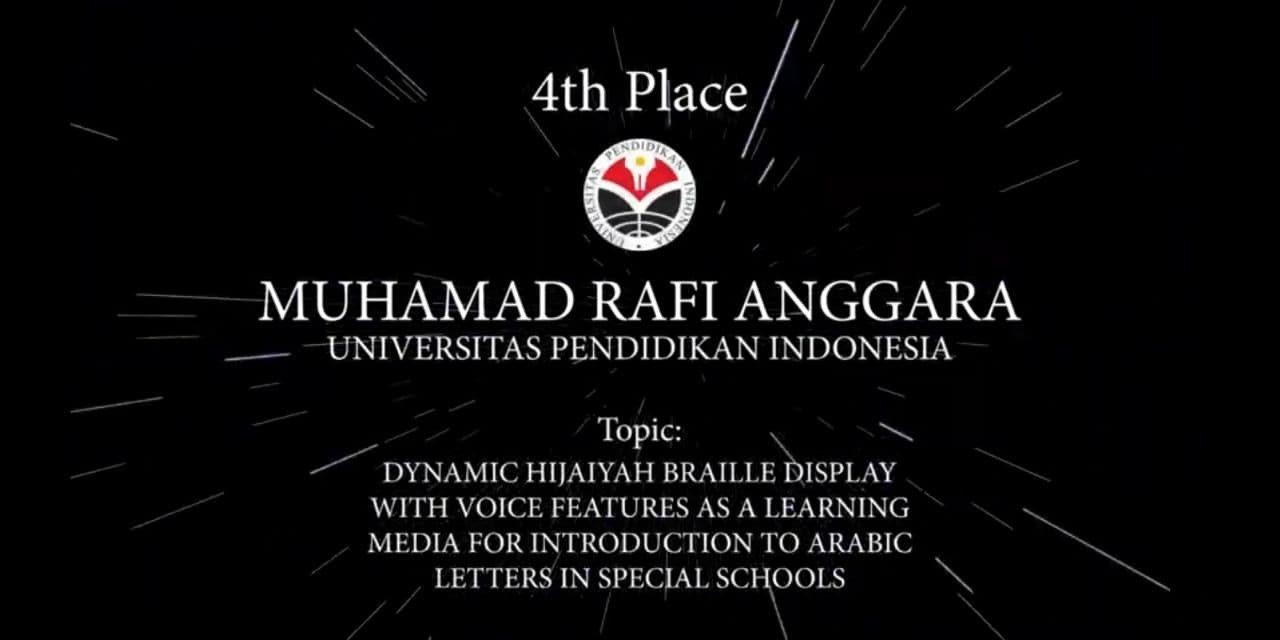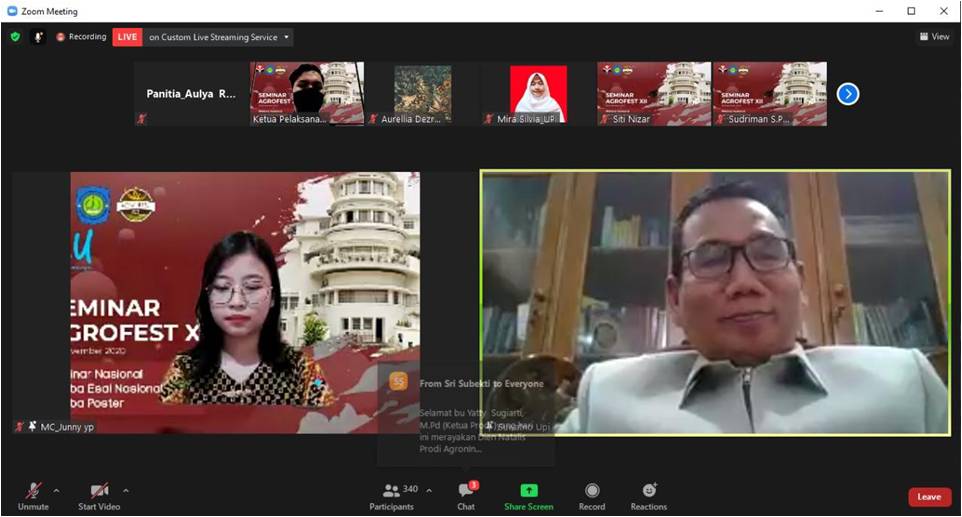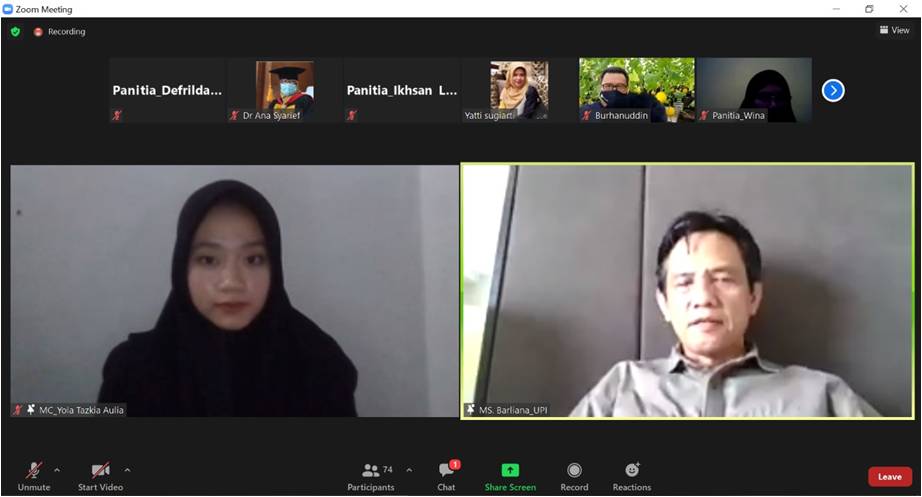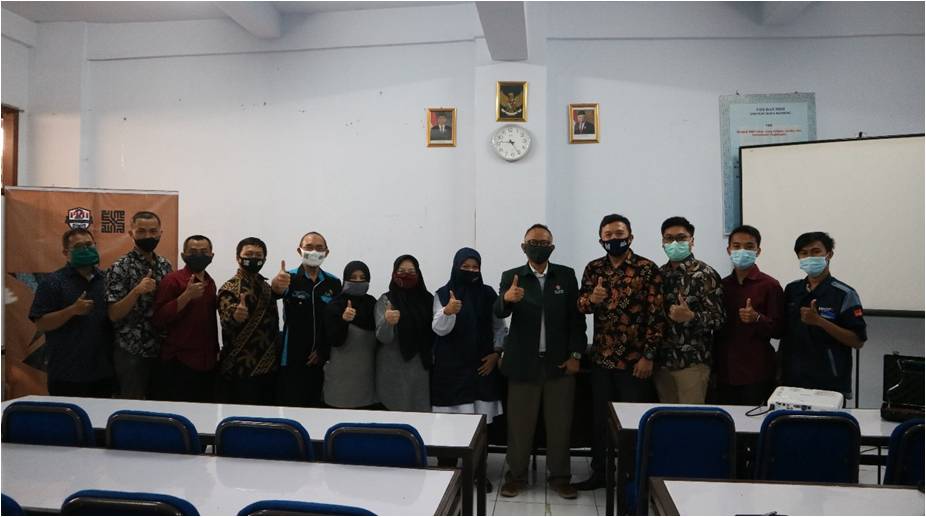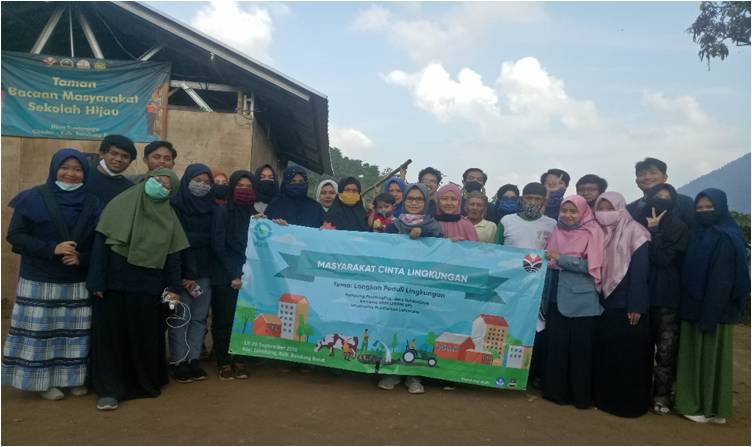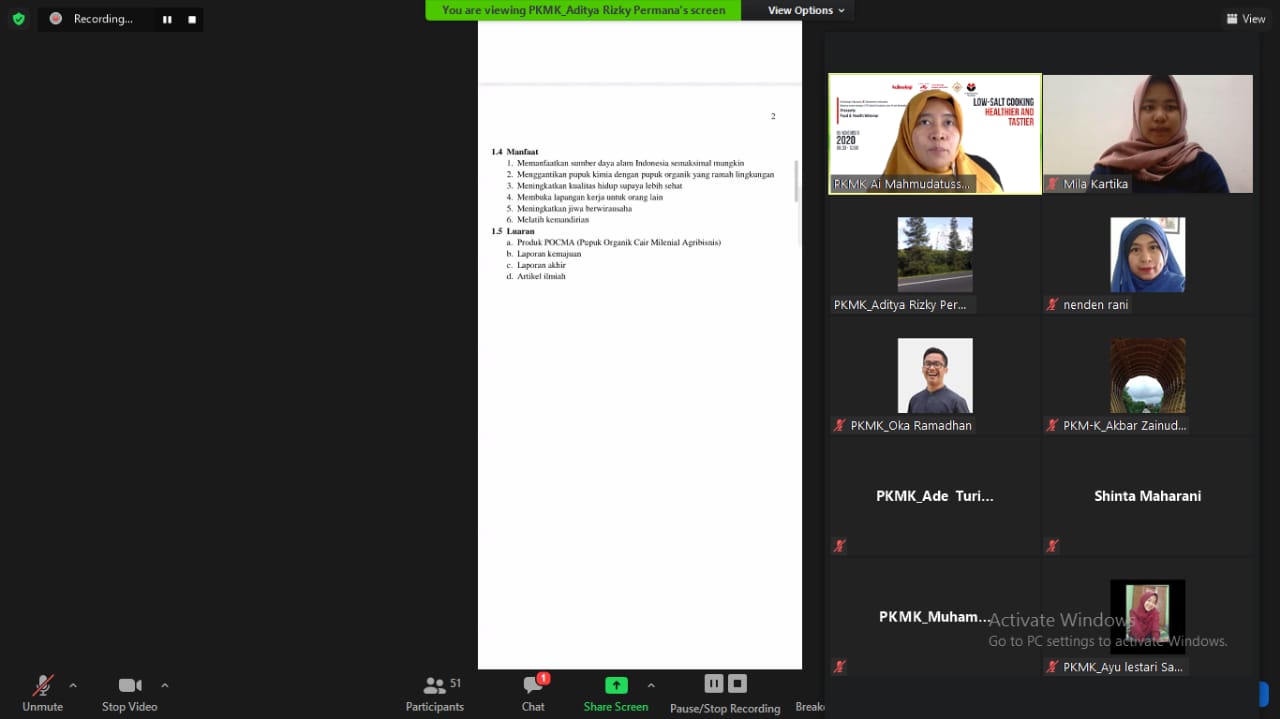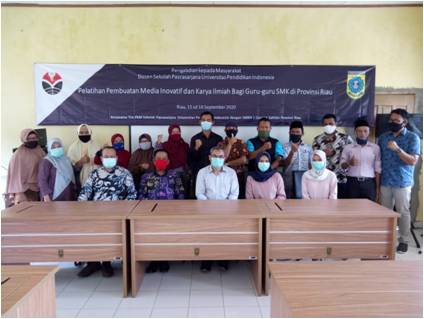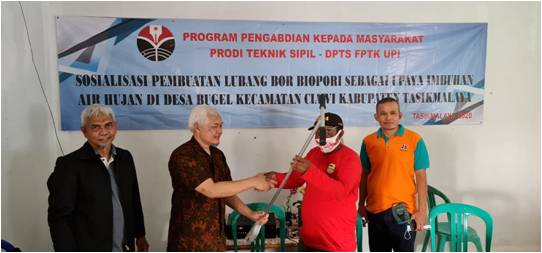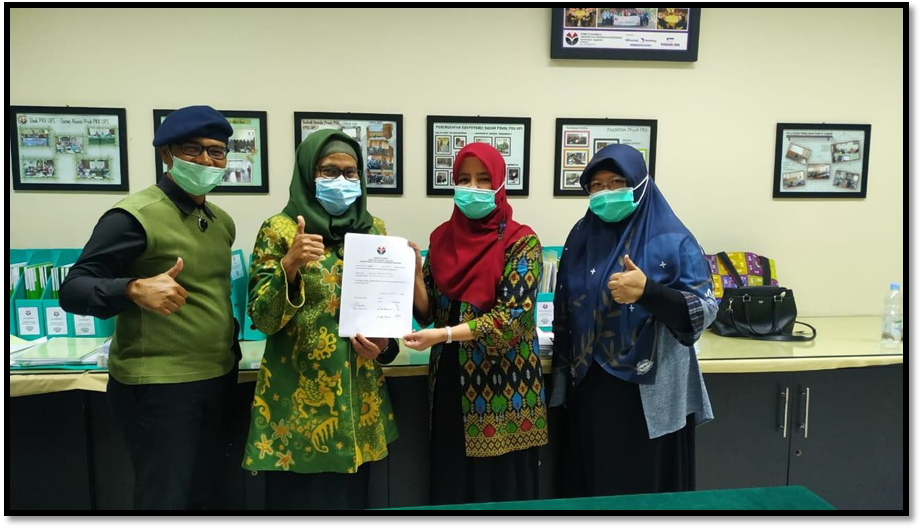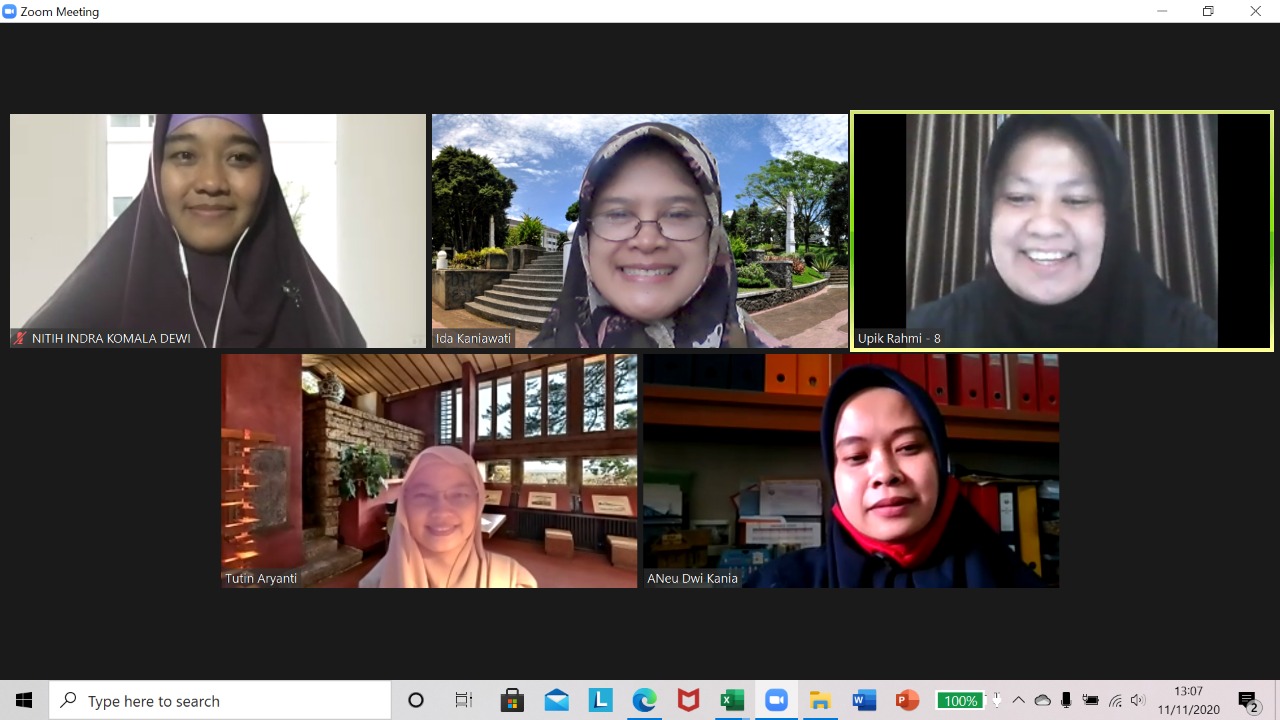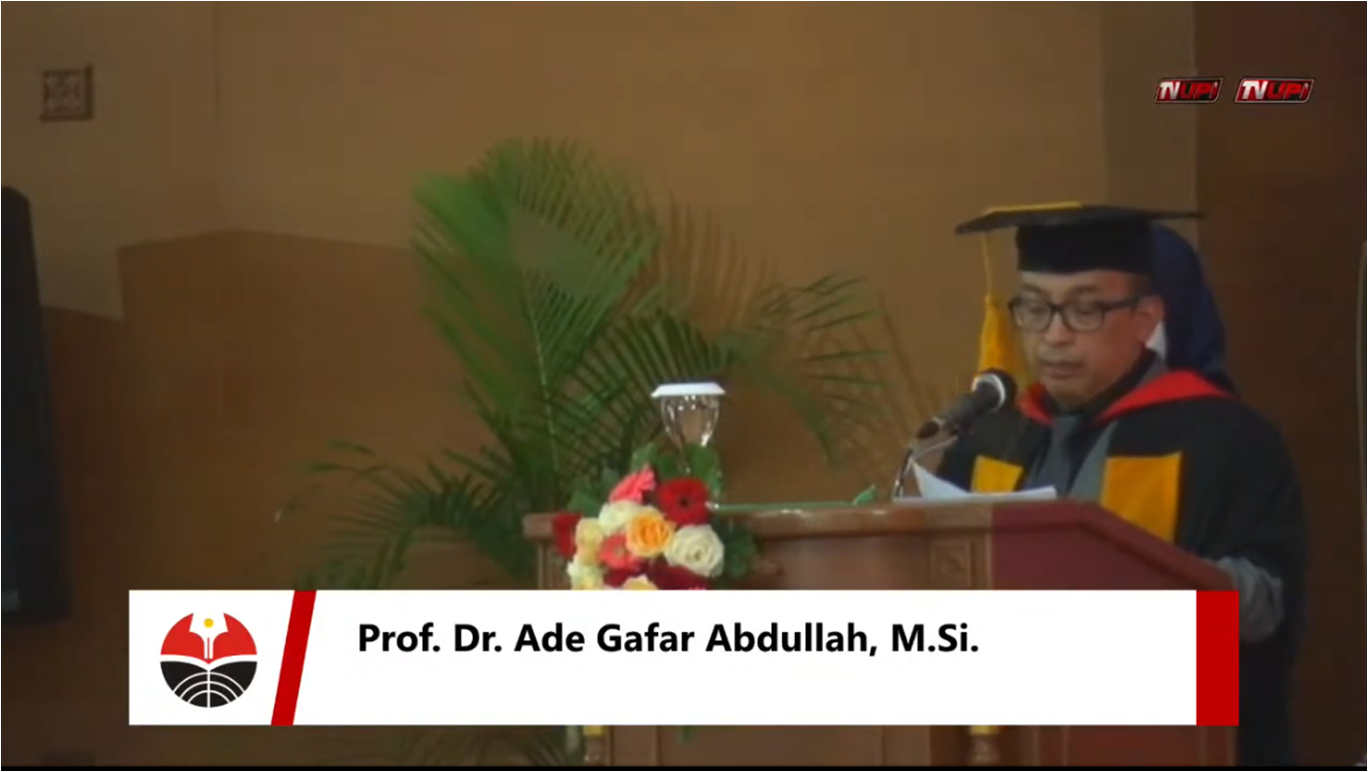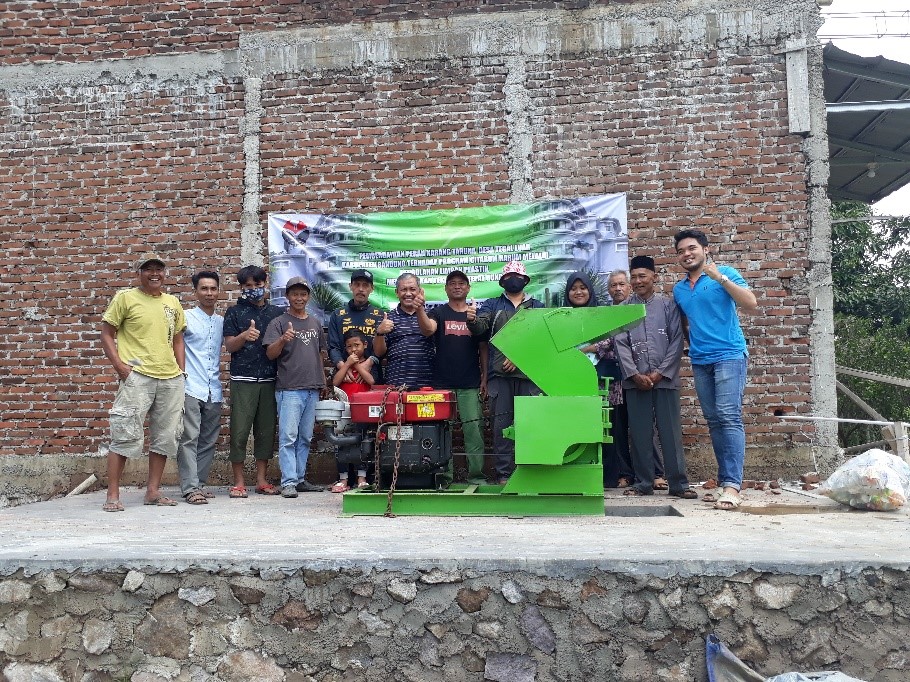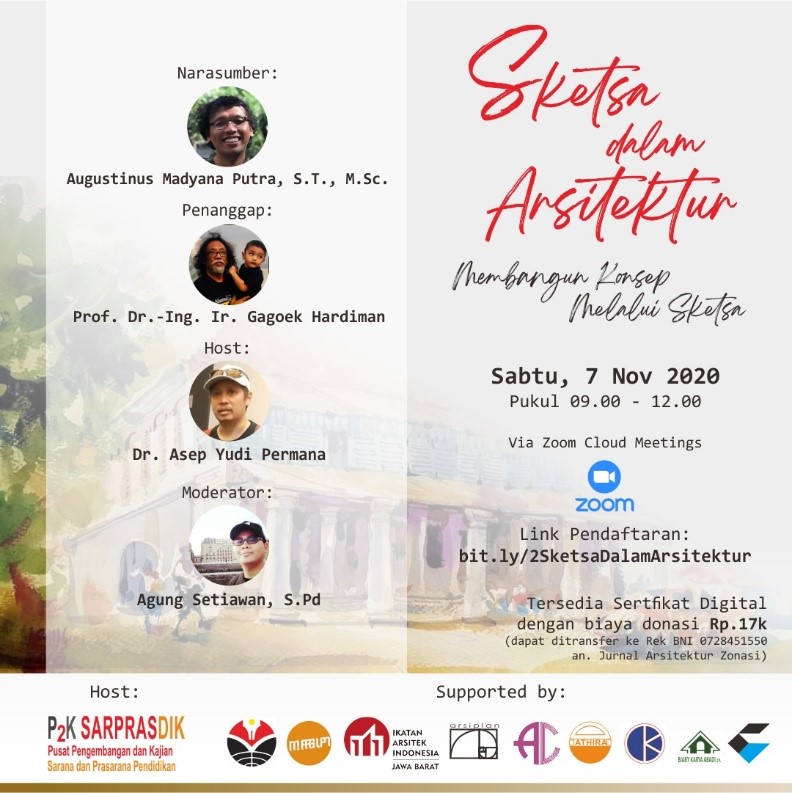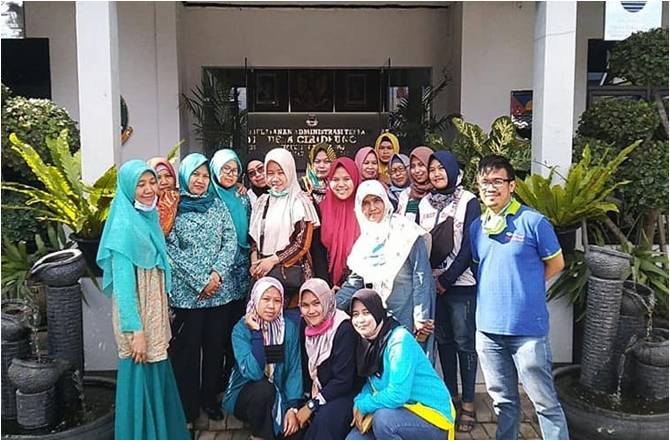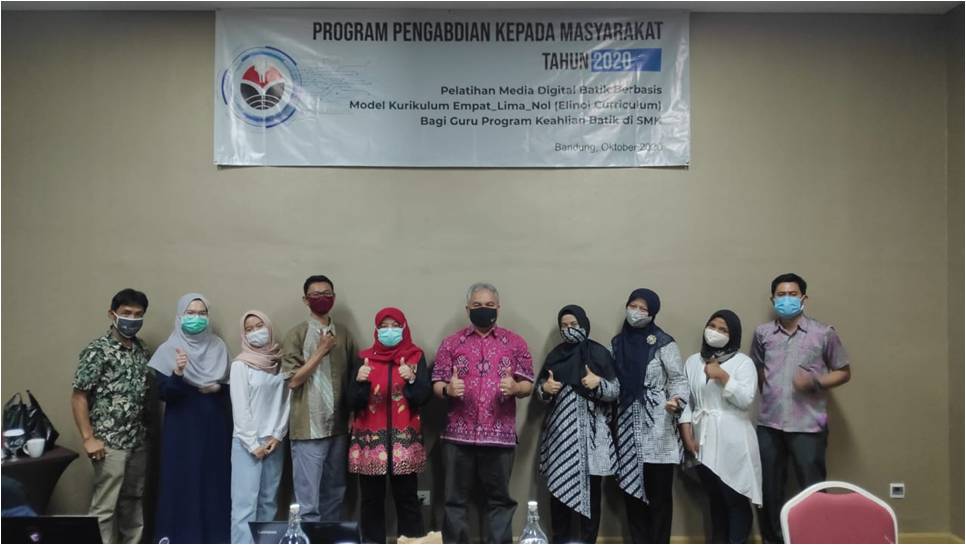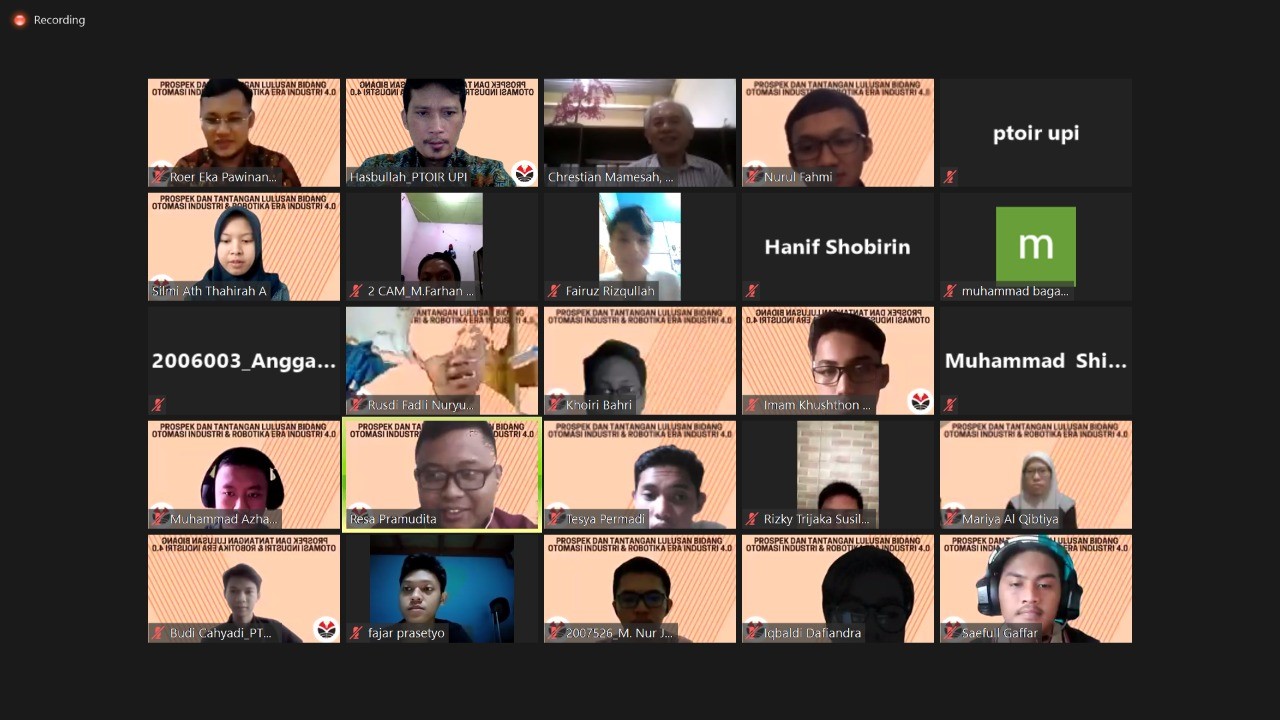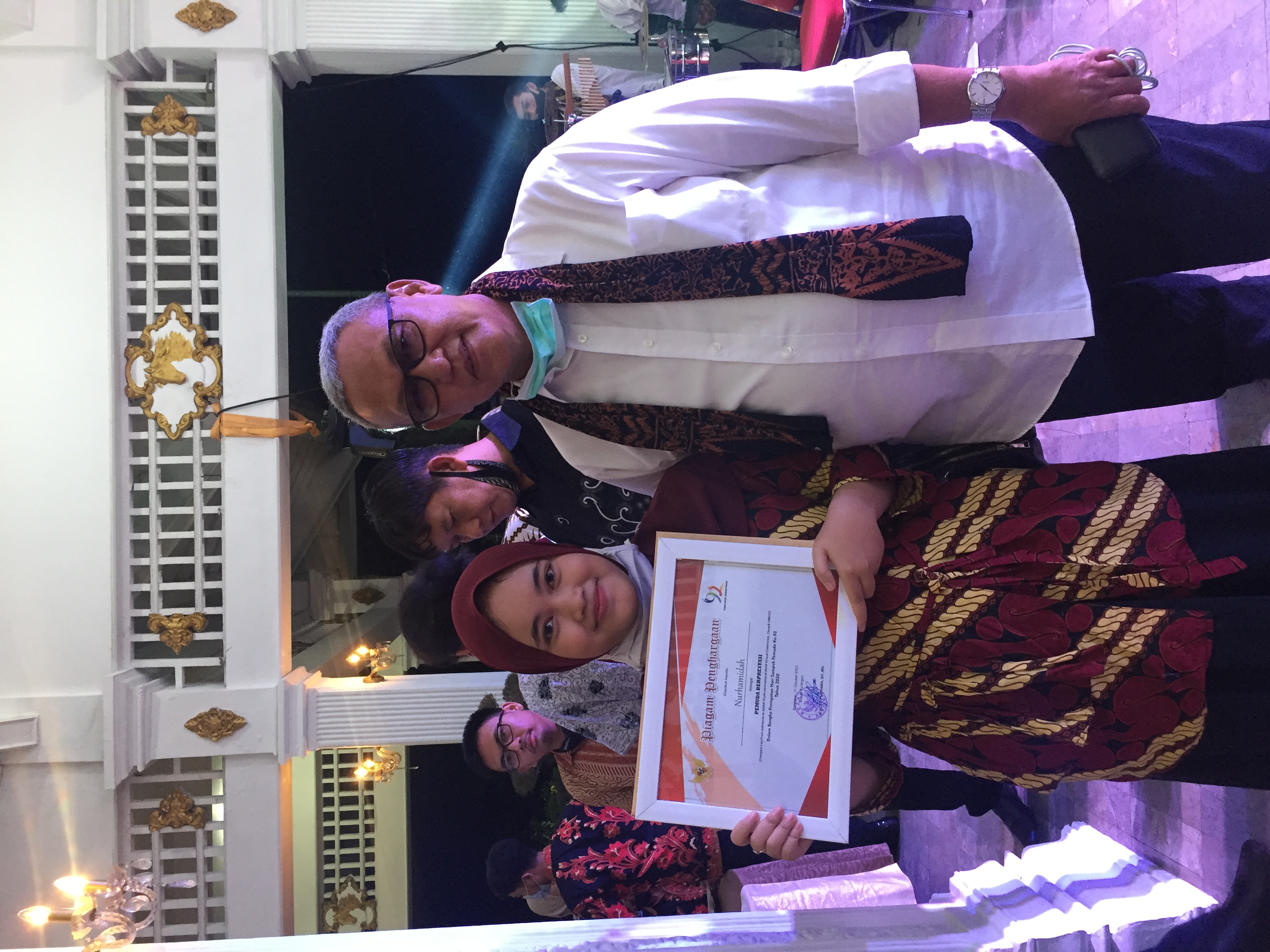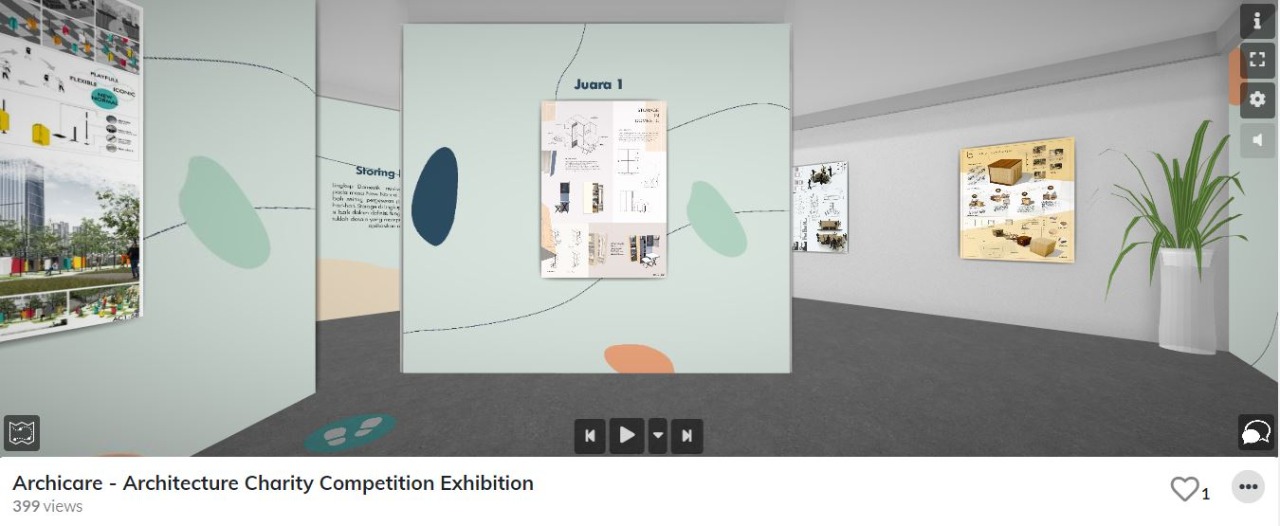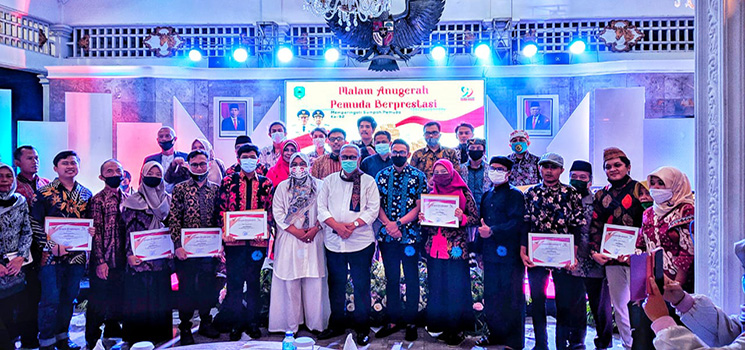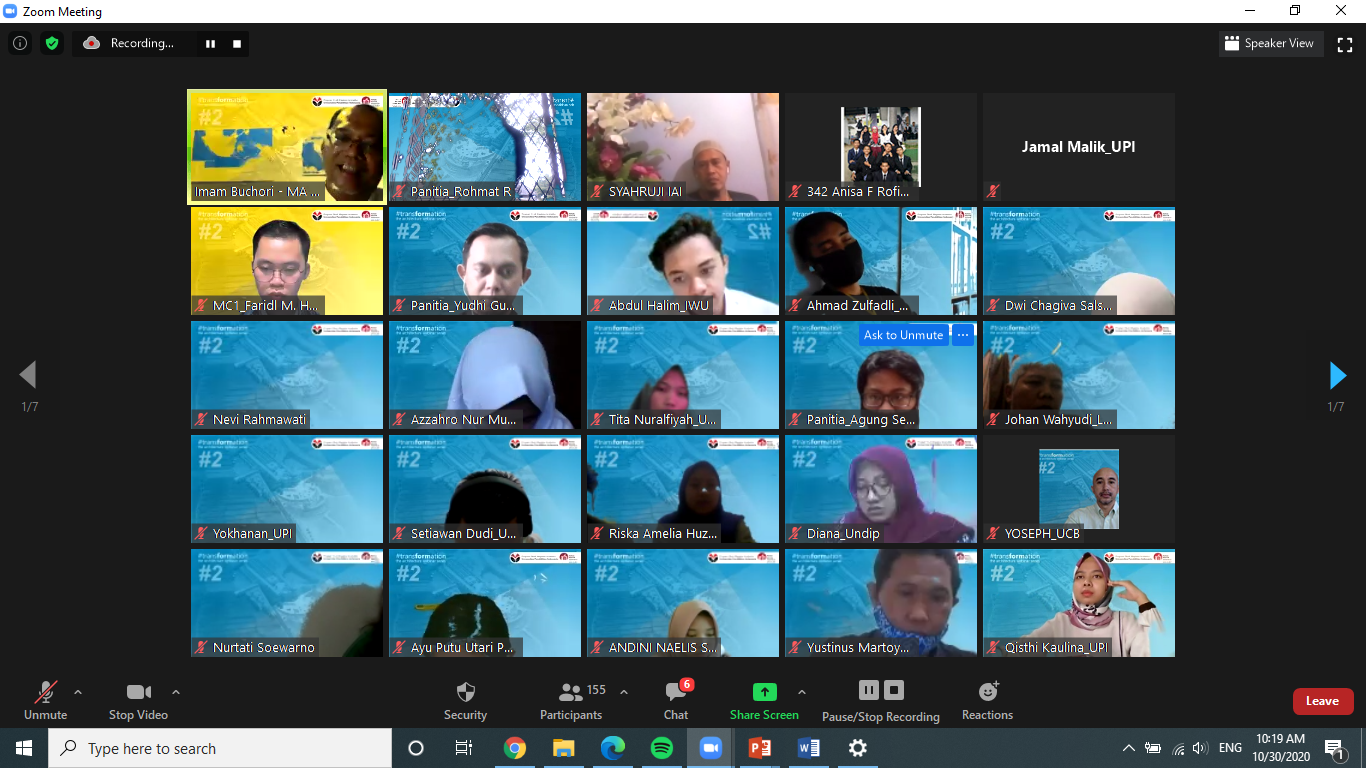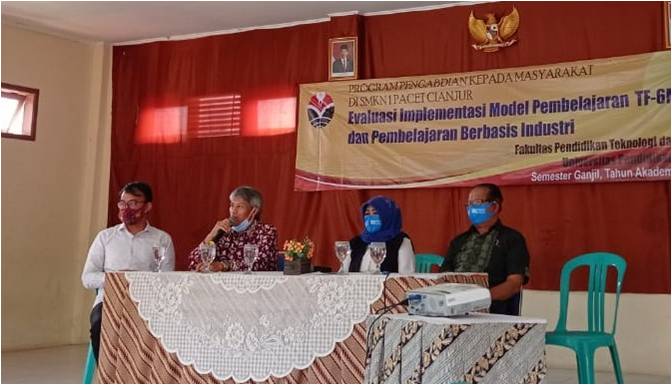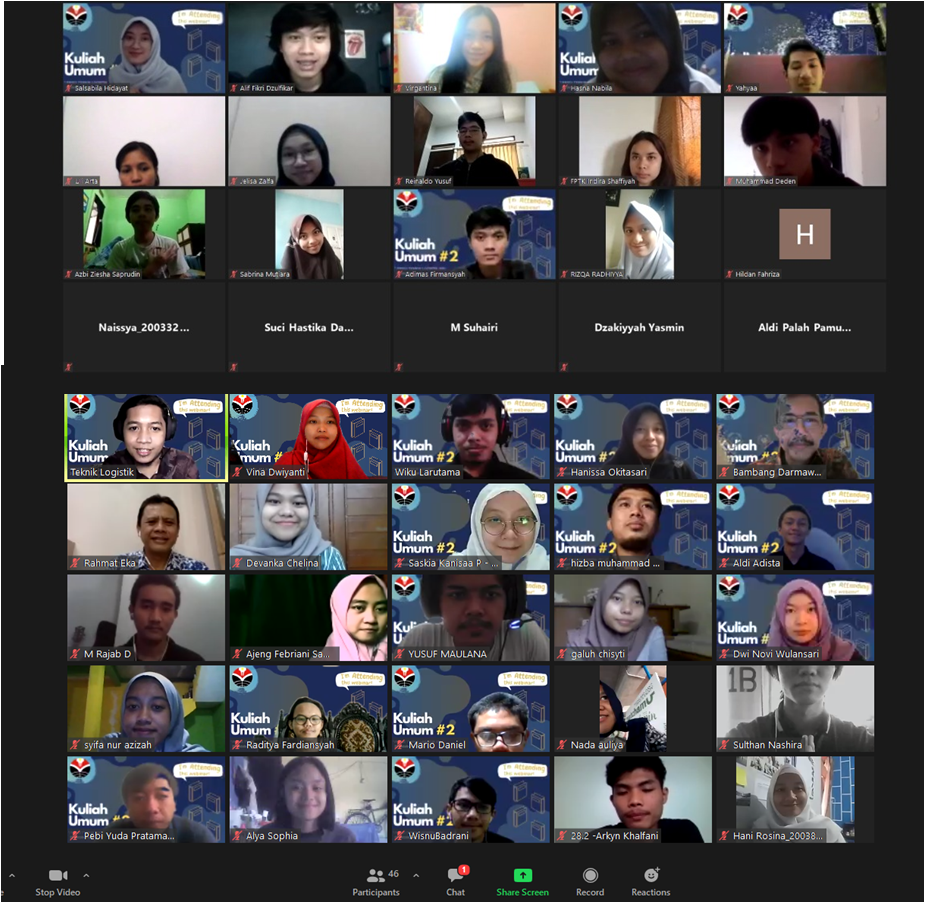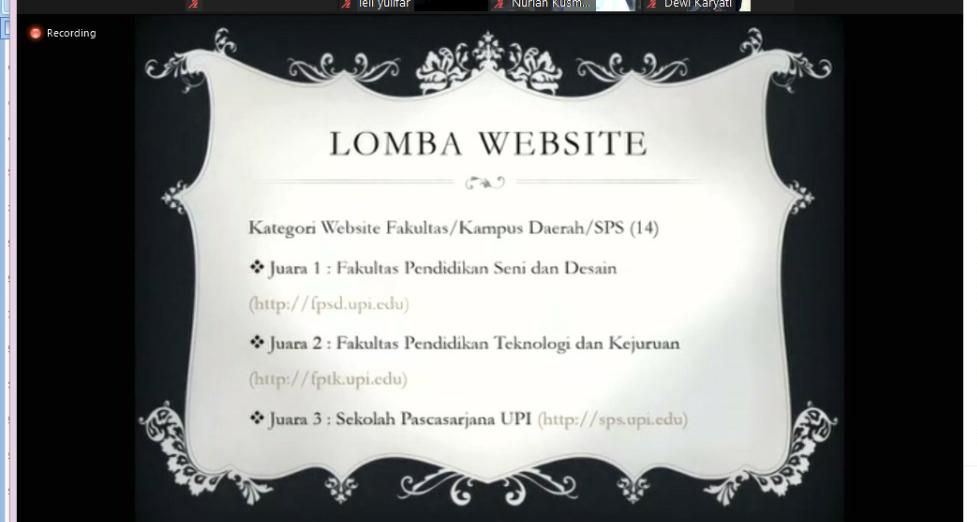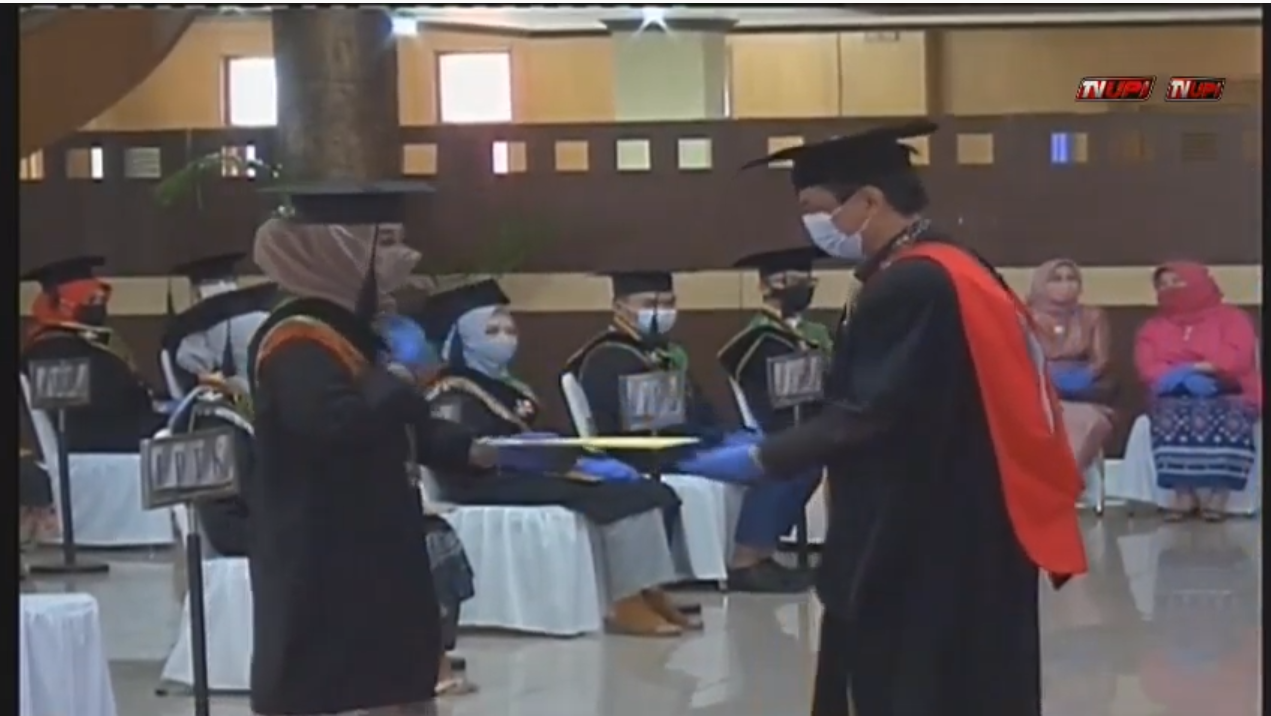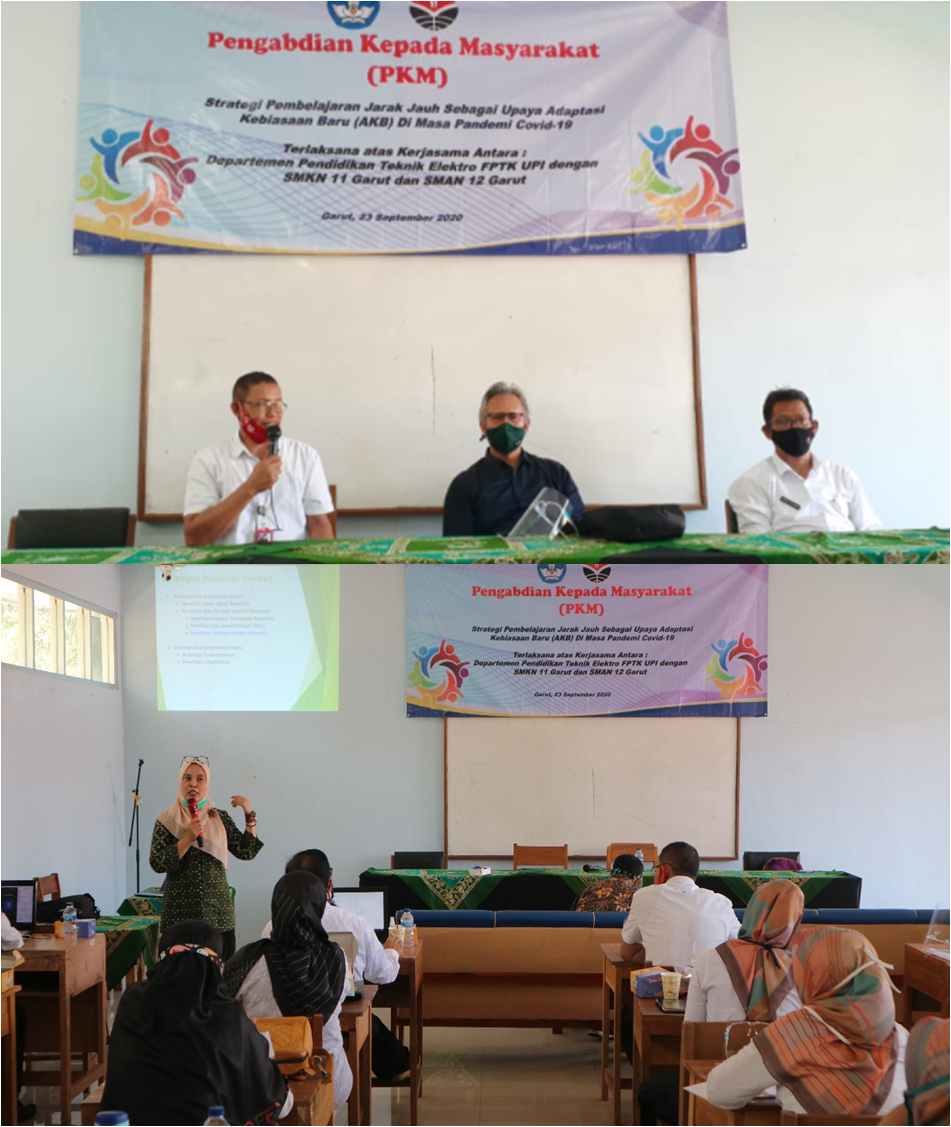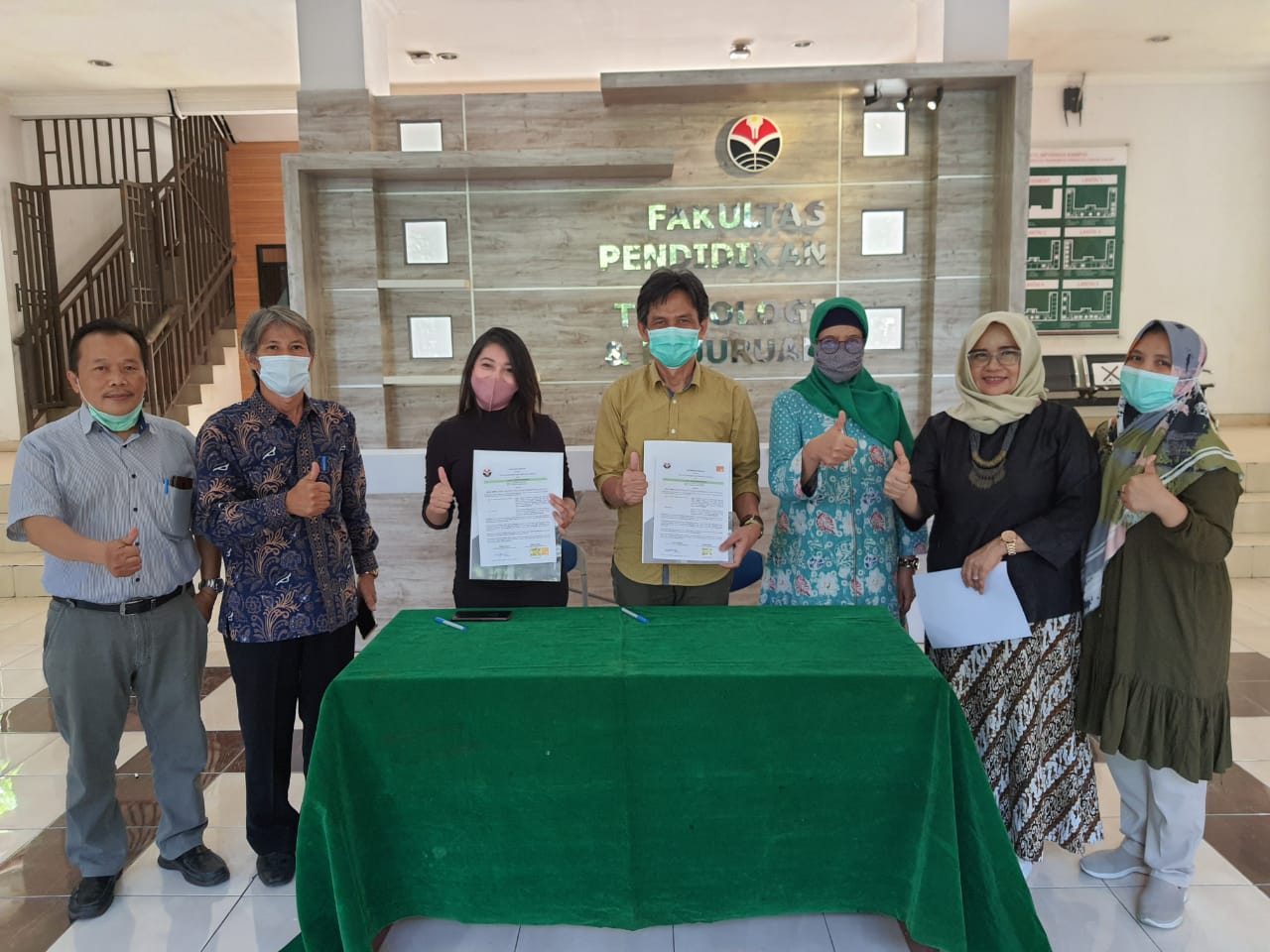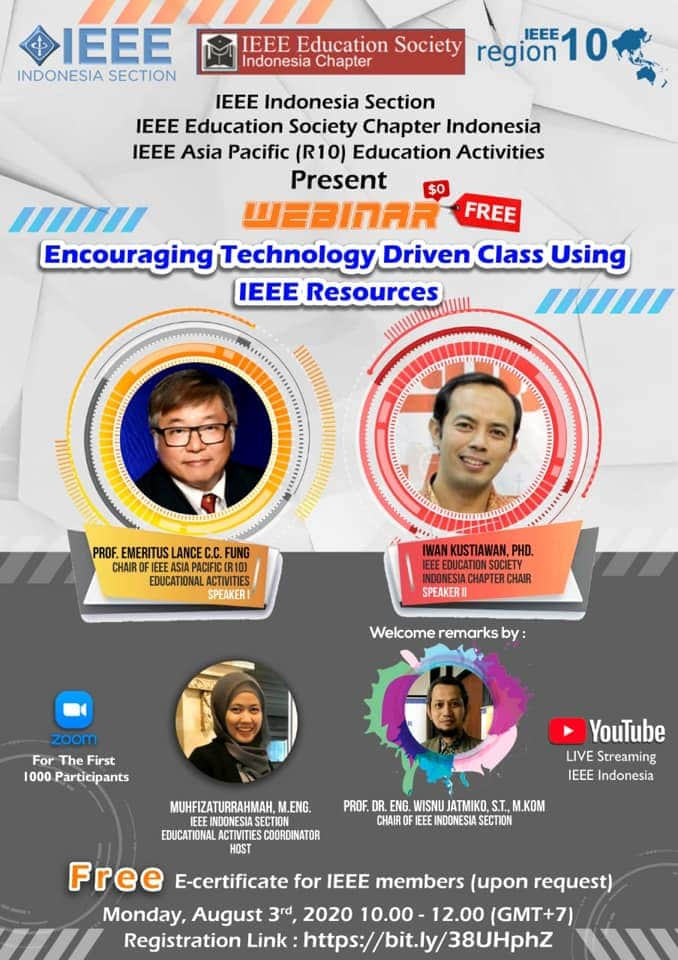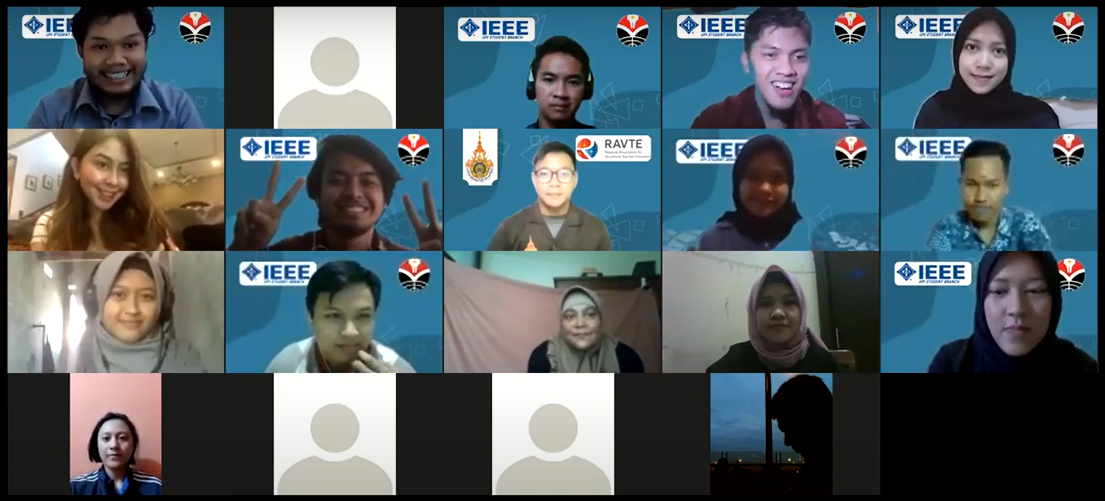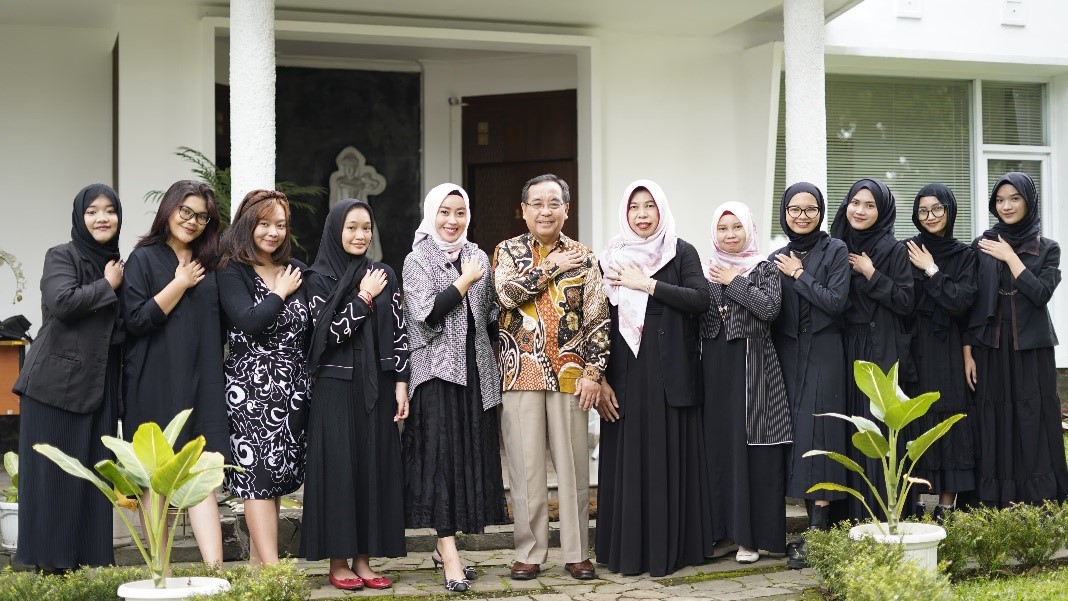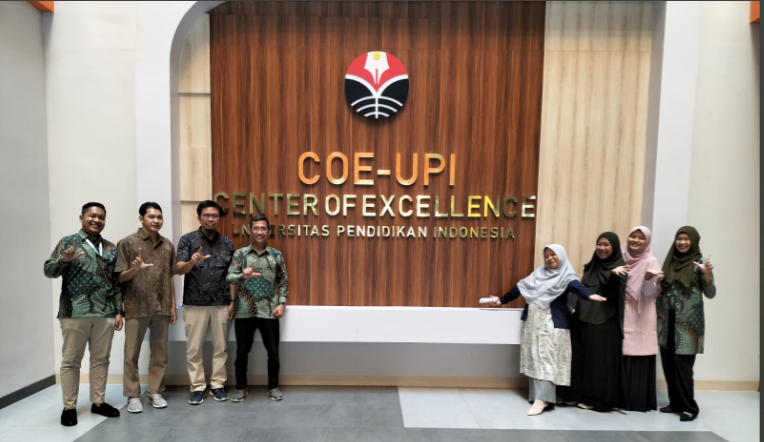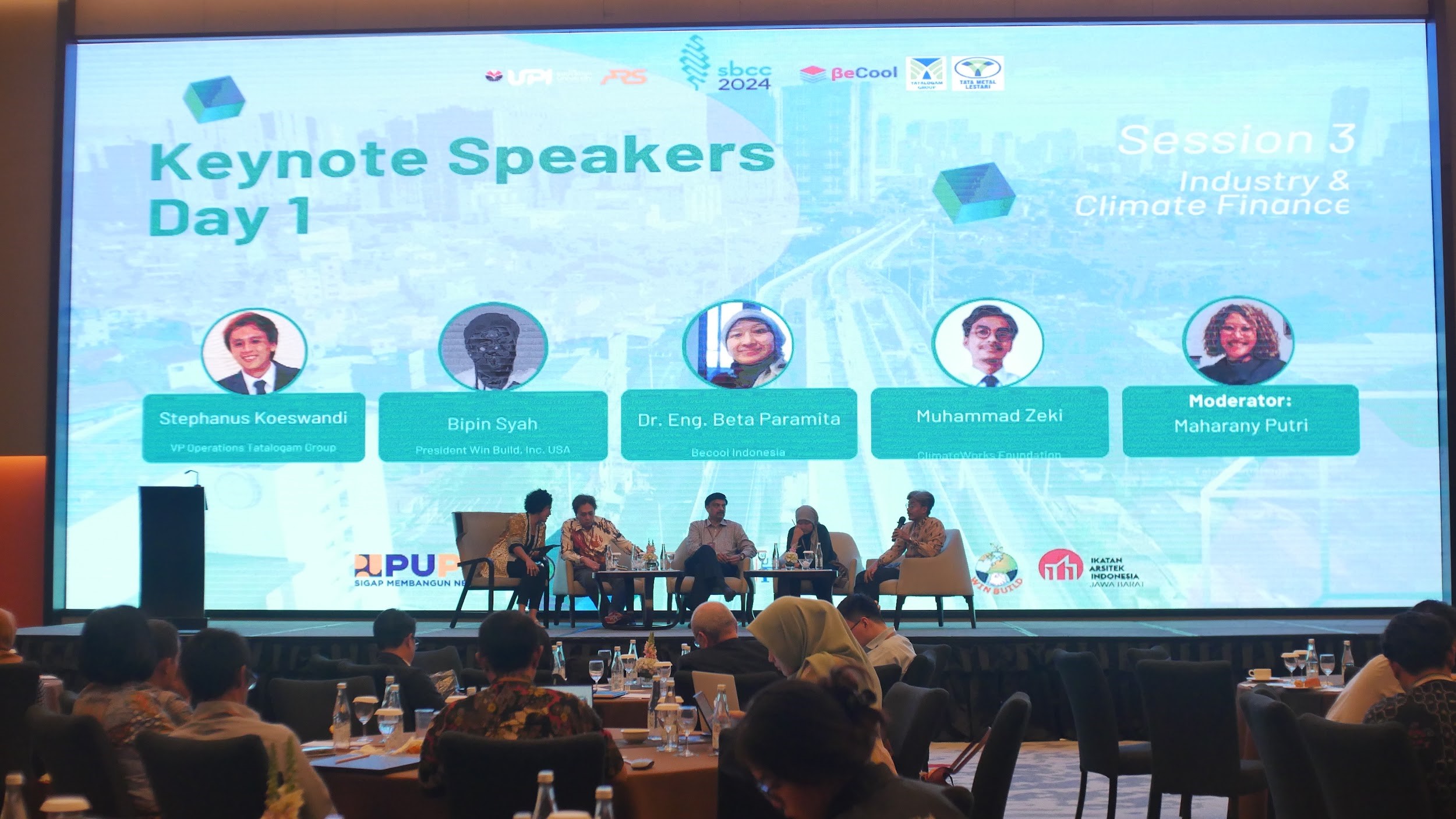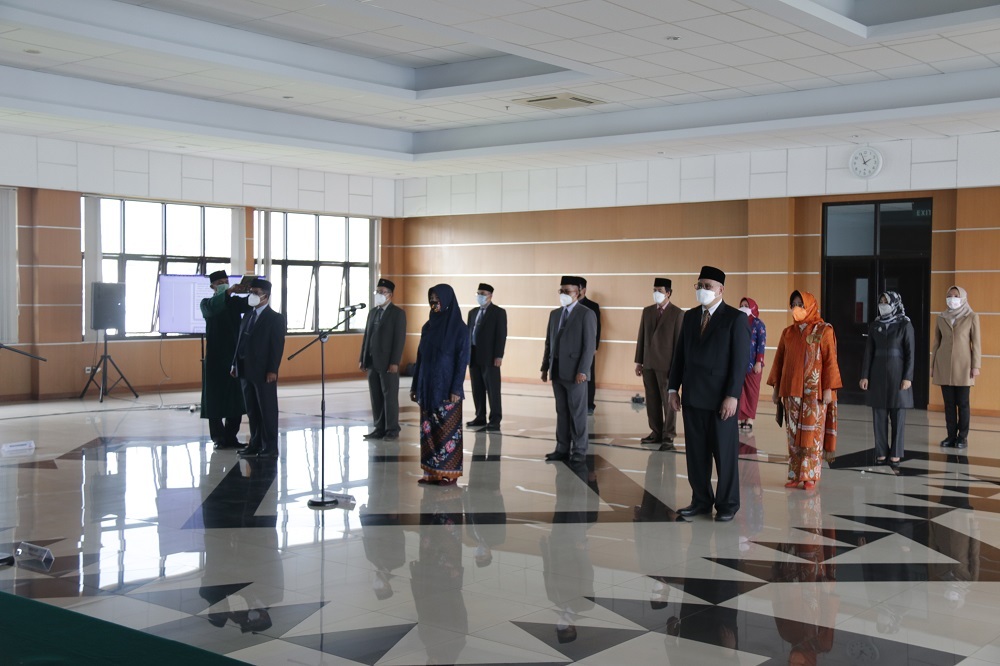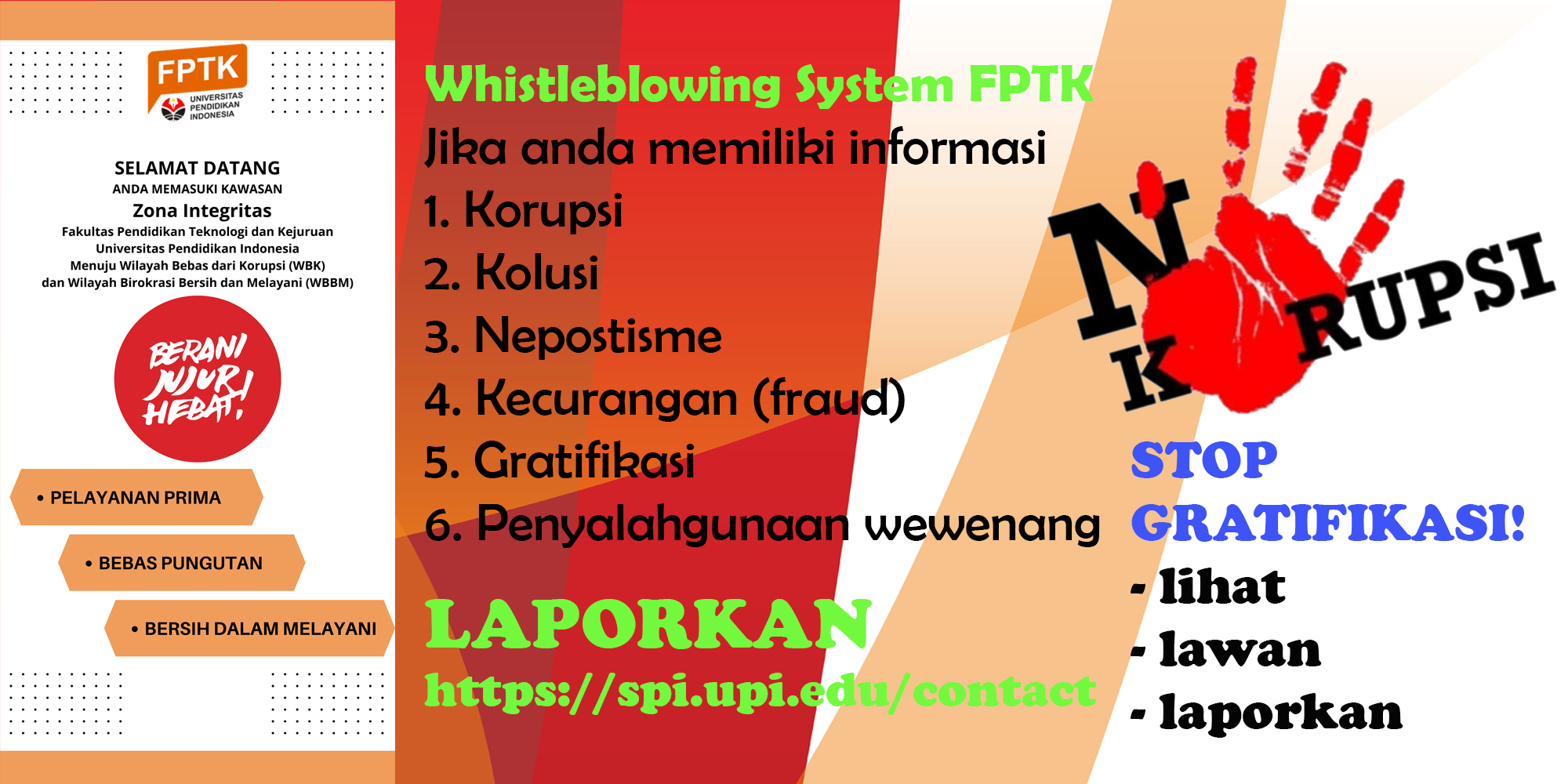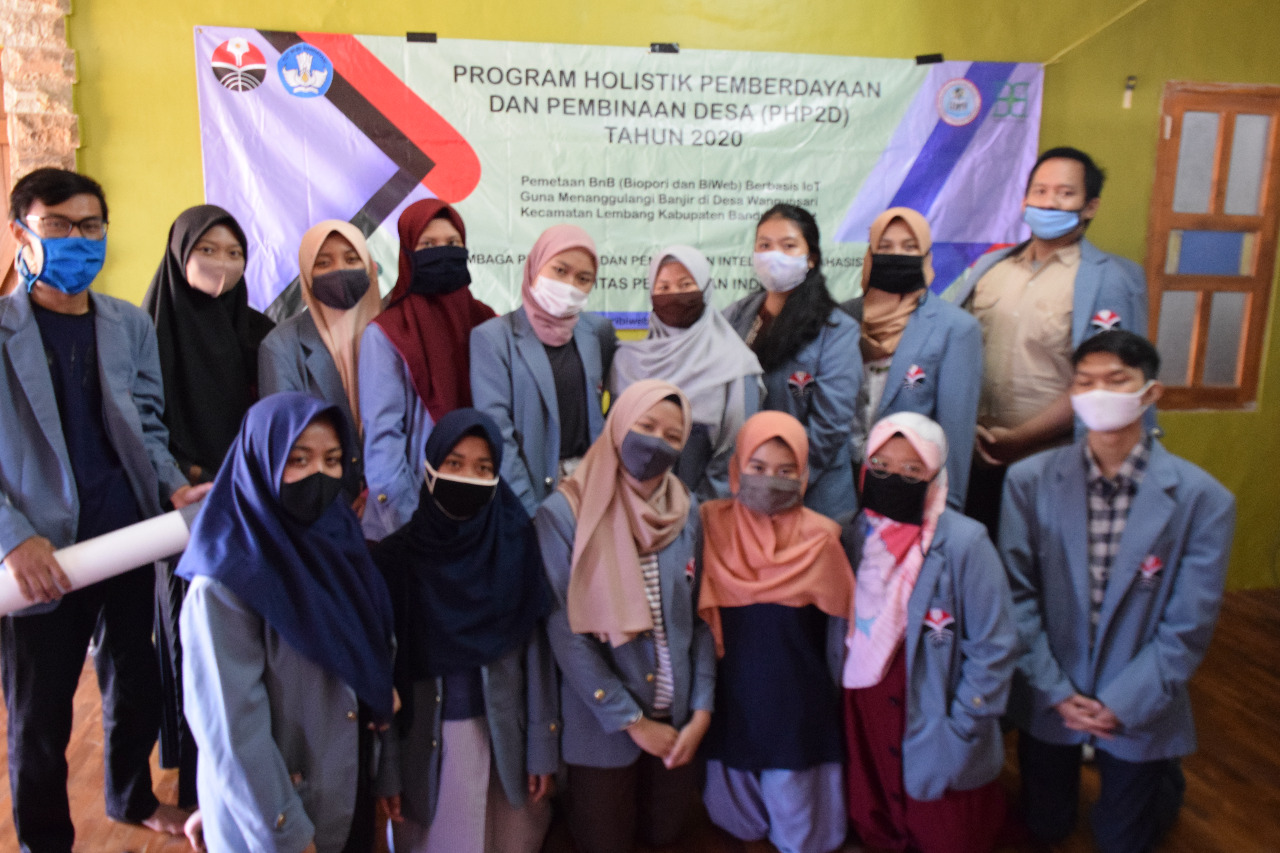
The Village Development and Empowerment Holistic Program Team, UKM Institute for Research and Study of Intellectuals for Students at the Universitas Pendidikan Indonesia (PHP2D LEPPIM UPI) held village community empowerment activities entitled "BnB Mapping (Biopori and Bi Web).
The team consists of 19 members, and 6 of them are students of the Faculty of Technology and Vocational Education (FPTK) from various Study Programs, namely: Dyla Aliffah Saffitri (Mechanical Engineering Education Study Program), Regina Maheswari Saniputri (Family Welfare Education Study Program), Lelis, (Agroindustry Technology Education Study Program), Fadhil Alfarianto Noor and Salsabila Miyazumi Amri (Civil Engineering Study Program).
One of the team members, Regina Maheswari Saniputri, stated that after qualifying for funding, the PHP2D team implemented its program in Wangunsari Village, located in Lembang District, West Bandung Regency. Activities started from June to November 2020.
"The Wangunsari village often have floods due to high rainfall and steep land slopes. Therefore, from these problems, the PHP2D team carries the theme" BnB (Biopori and Bi Web) mapping as a technological aspect to resolve the issue, "said Regina.
Under the guidance of Dr. Eka Cahya Prima, S.Pd., M.T., as the supervisor and solid cooperation with the people of Wangunsari Village, the team managed to map 120 bio pore units consisting of 83 units for a hamlet. 12 and 37 units for hamlet 06. The team also had the opportunity to build a website namely BiWeb, which is a site regarding the location of bio pore mapping, team profile, information from Meteorology, Climatology, and Geophysical Agency to predict the flood, especially in Wangunsari Village, as well as assisting the village government in determining the policy of using bio pores to overcome the problem, "explained Regina.
Bio pores are small holes for air circulation and water flow, so the rainwater does not go to the drain, but seeps into the ground through the hole. The bio pore infiltration hole will be filled with organic waste to trigger the formation of bio pores. The application of this technology is expected to at least minimize the floods that occur sustainably, "concluded Regina.
Berita Terkait

A Student of Family Welfare Program of Study Wins 1st Place in Community Service Ad Video Contest
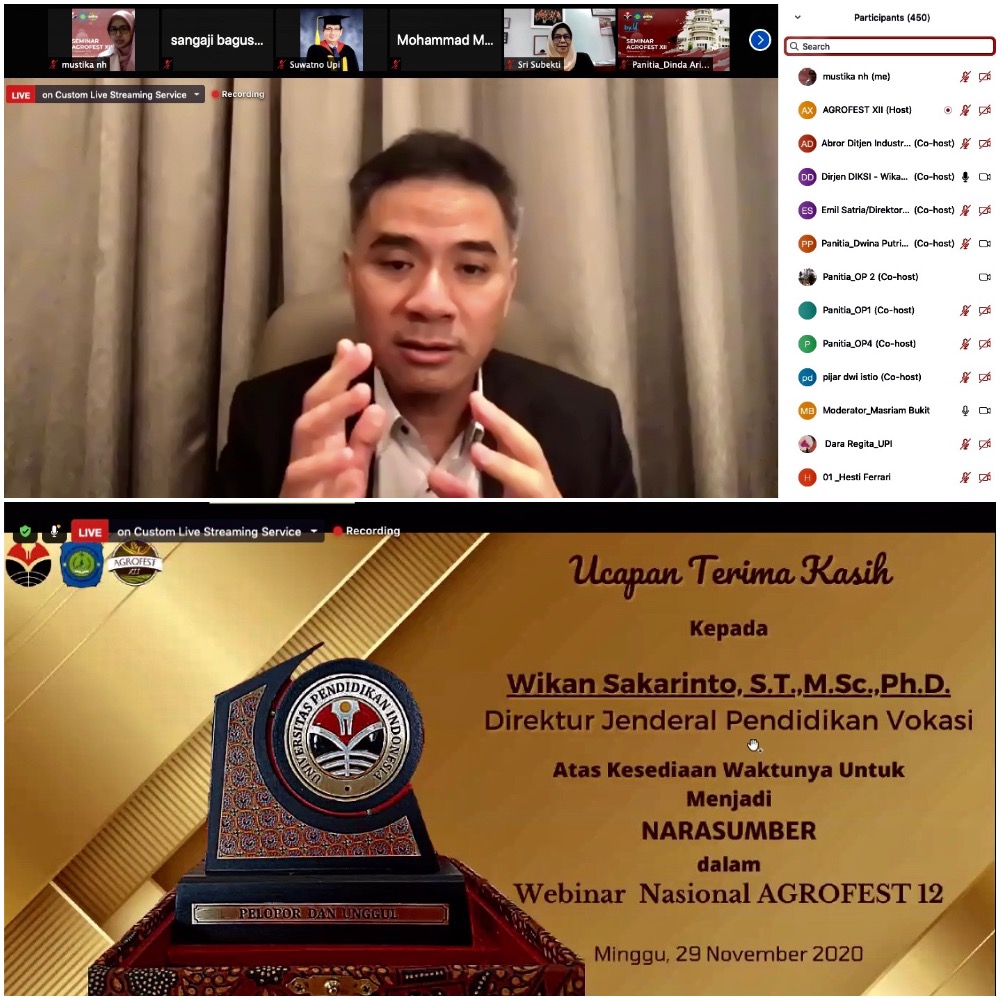
Directorate General of Vocational Education, Ministry of Education and Culture: Start from the end
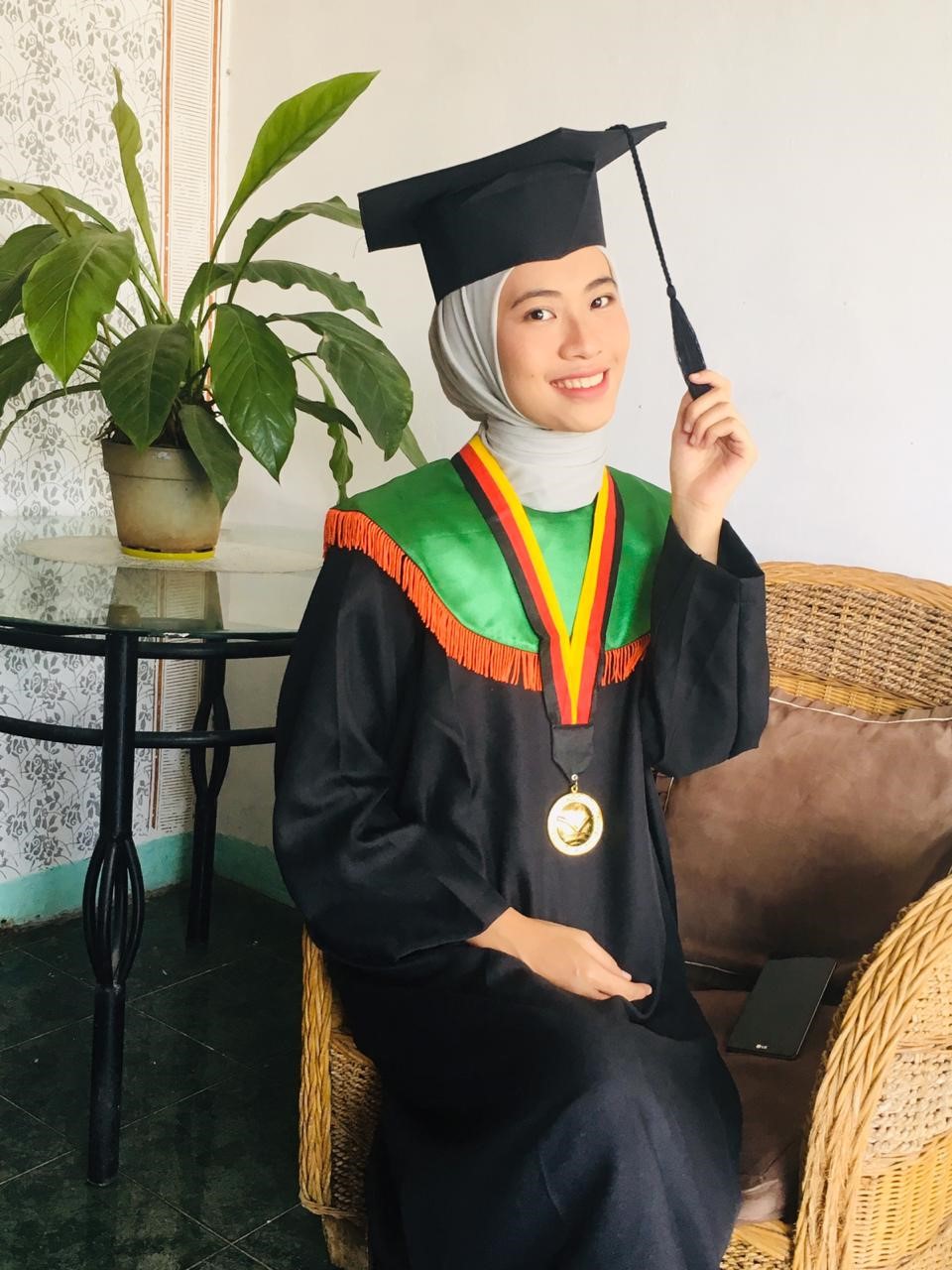
The Story of Della Aliyah, the Best Graduate of a Bachelor of Fashion Design Education Study Program
Profile FPTK 2023
Arsip Berita
Berita Populer & Terbaru
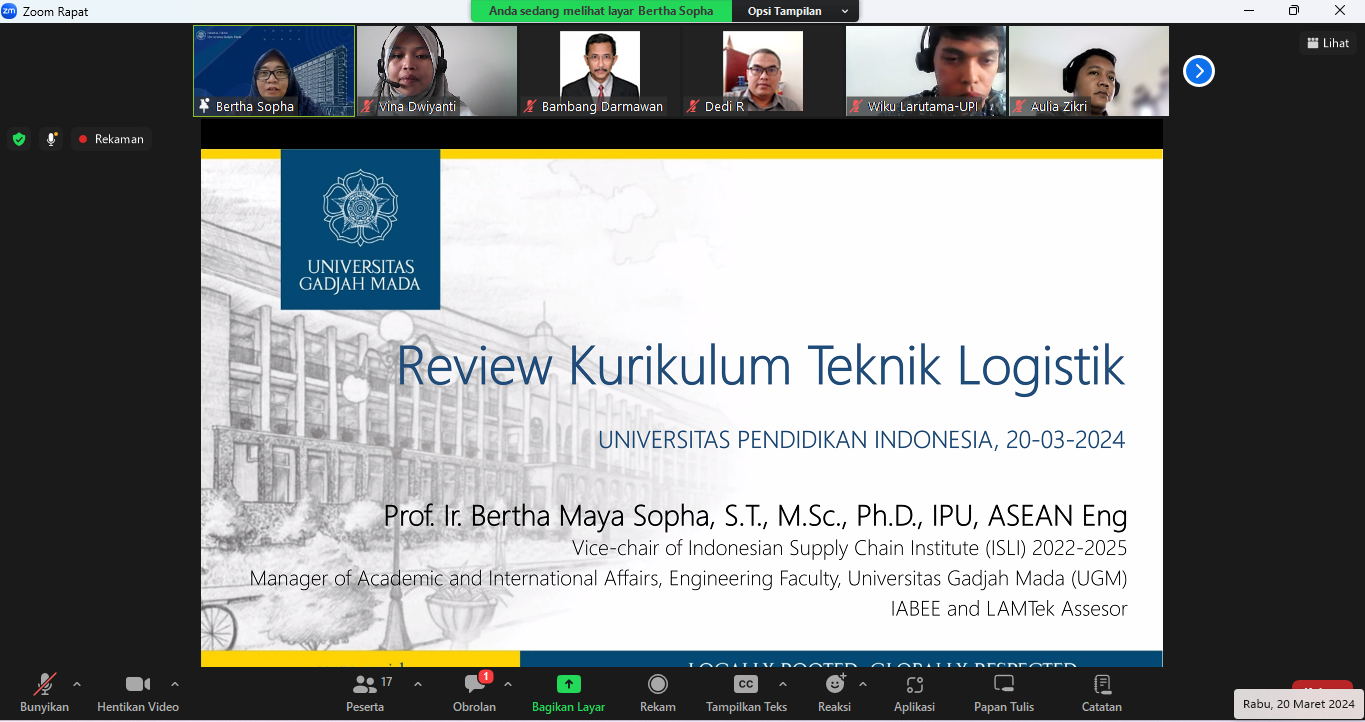
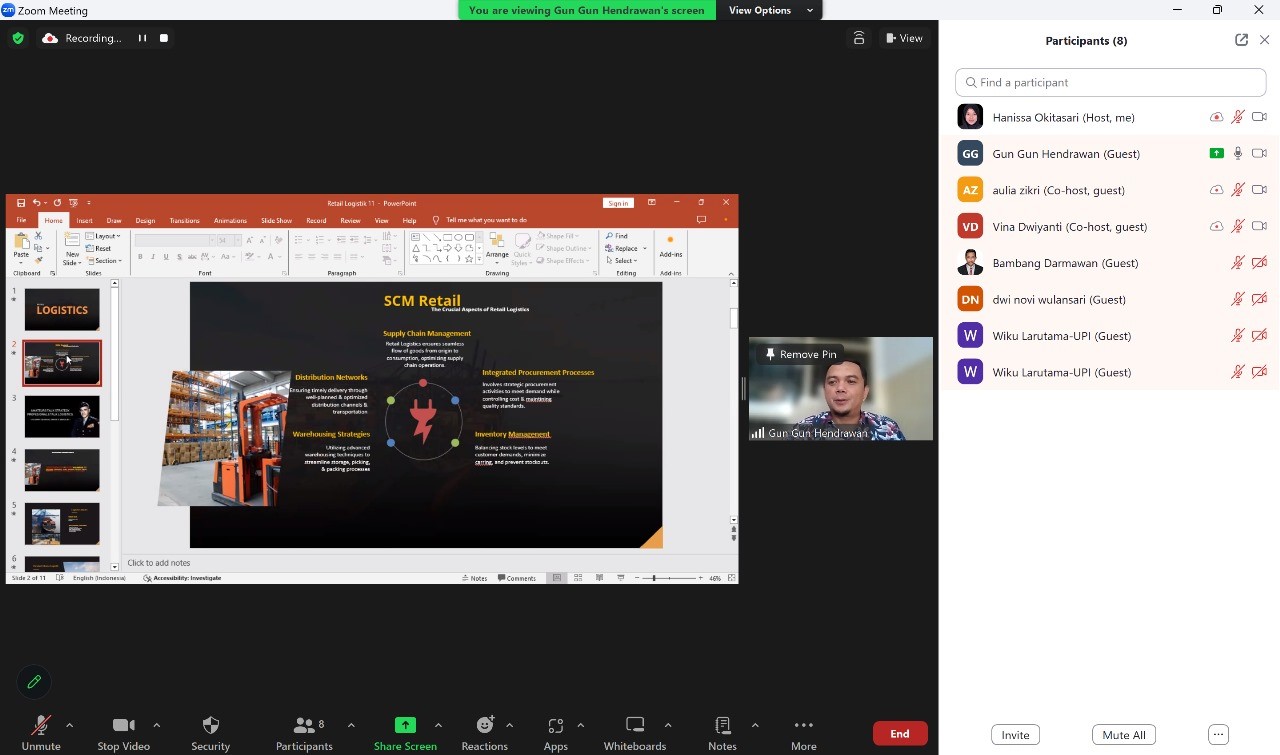
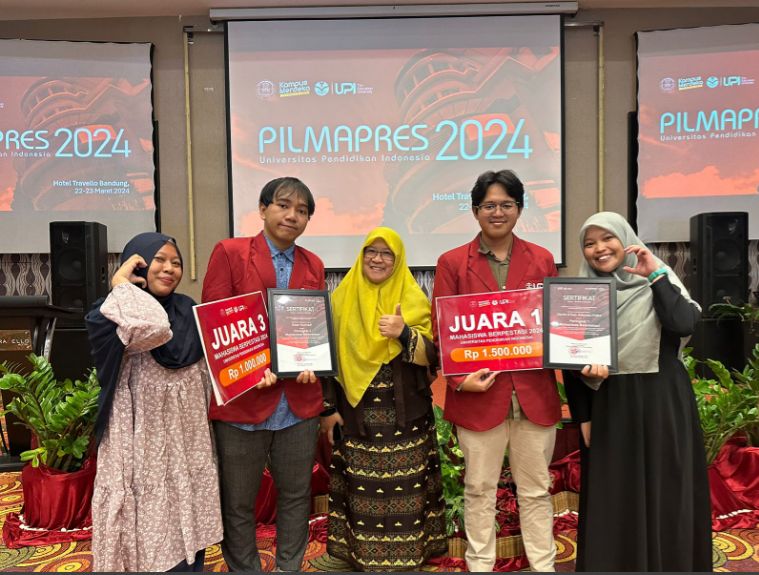
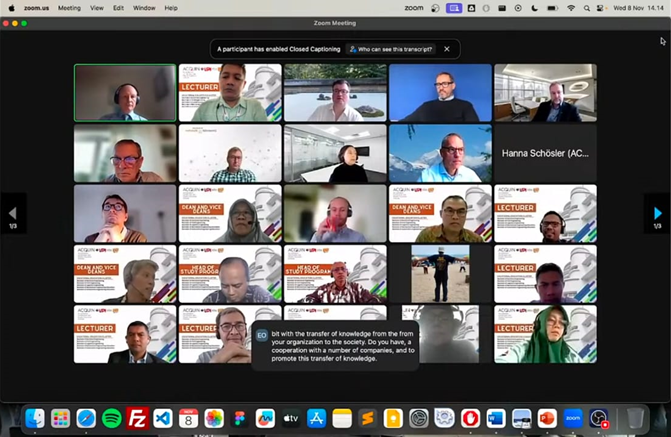
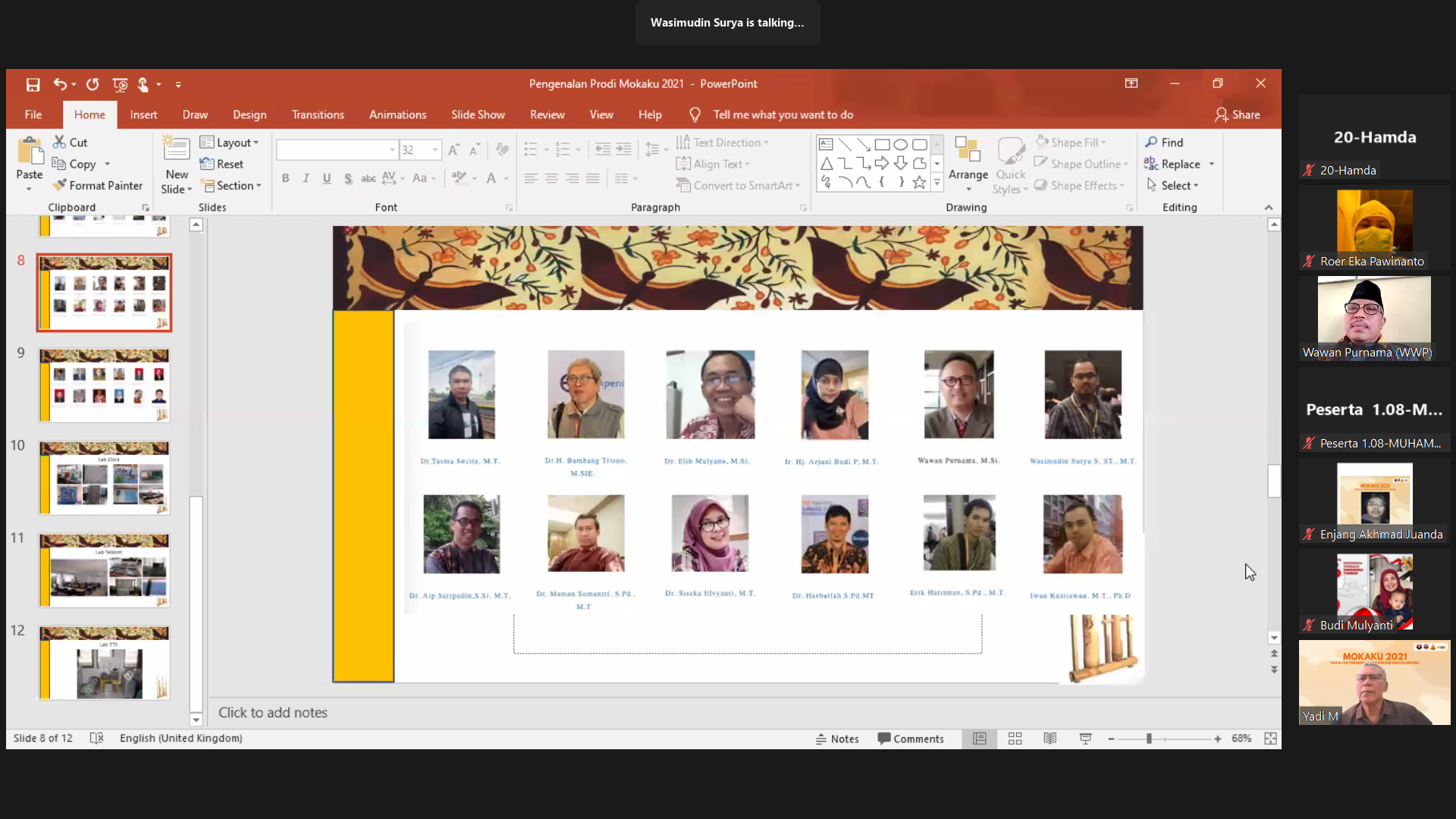
 Fakultas Pendidikan Teknologi dan Kejuruan
Fakultas Pendidikan Teknologi dan Kejuruan
